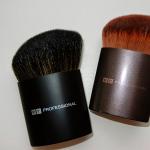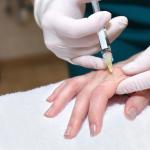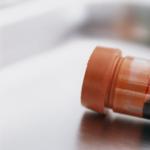Dermatovenerologist: what treats 16 major diseases
In the era of the development of chemistry and chemical products for household use, many of us are faced with problems of the skin, body and hair. In addition, various allergic, pathological and other skin problems provoke non-compliance with hygiene standards for the people around us. No one is currently immune from any infection of various manifestations on our skin.
Who is a dermatologist-venereologist
Who should you contact if there are manifestations on the skin and mucous membranes of an unknown nature? What differences do specialists have? A specialist from the relevant department of medicine helps to cope with various ailments and problems of the skin and mucous membranes.
Infection of any skin disease can occur in any public place:
- Transport;
- Cafe/restaurant;
- Swimming pool;
- Bath/sauna;
- At the doctor;
- In a beauty salon;
- On the beach, etc.
- During personal communication and close contact, during a handshake, kiss, sexual intercourse, etc.
Specialists who provide assistance for diseases of the skin and mucous membranes are a dermatologist and a venereologist. A dermatologist is a specialist who studies, diagnoses, treats and prevents diseases of the epithelium, mucous membranes of hair and nails.
A venereologist is a specialist who diagnoses and treats sexually transmitted diseases.
A dermatologist is most often contacted in case of acne, warts, scabies, papillomas, dermatitis, allergies to insect bites, urticaria and other rashes. People turn to a venereologist for diseases of the genital organs; most often they can be infected through unprotected sexual intercourse.
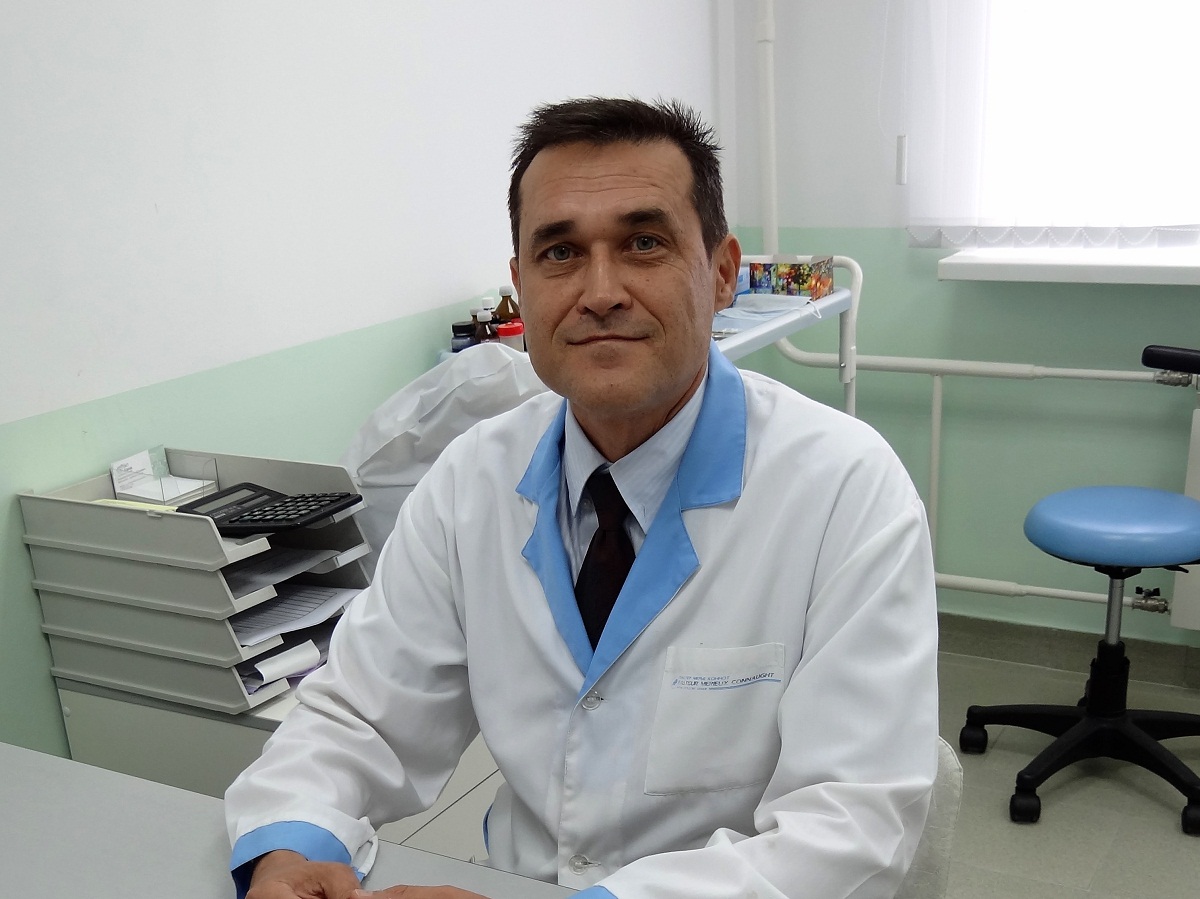
Venereology is responsible for the following types of diseases:
- Bacterial vaginosis;
- Gonorrhea;
- Adnexitis;
- Genital herpes;
- Prostatitis;
- Microorganisms in semen;
- Thrush;
- Colpitis;
- Syphilis;
- Cystalgia;
- Trichomoniasis;
- Chlamydia;
- Endometritis.
A dermatovenerologist is a doctor involved in the diagnosis, prevention and treatment of sexually transmitted and skin diseases. He also studies the relationship between diseases related to dermatovenerology and pathological changes in the human body.
Responsibilities of a dermatovenerologist
A general specialist in diseases of the skin and mucous membrane in dermatovenerology is called a dermatovenereologist. Dermatovenerology today is a large area of medical and therapeutic science. One name includes directions. Dermatology - this direction observes, studies, diagnoses, treats everything related to our skin.
Namely:
- Its functions;
- Structure;
- Pathology;
- As well as its appendages: hair, sebaceous sweat glands, nails, mucous membranes of the oral cavity and genitals.
Mycology - this area is responsible for the diagnosis and treatment of fungal infections of the skin, nails and mucous membranes. The specialist who treats these diseases is a mycologist. Venereology is responsible for sexually transmitted diseases: gonorrhea, syphilis, trichomoniasis, etc. And also for sexually transmitted infections: mycoplasmosis, genital herpes, candidiasis, bacterial vaginosis, chlamydia, papillomatosis, etc. A venereologist deals with issues of venereology. Cosmetology (non-operative) - this area provides therapeutic procedures to the skin to improve its appearance. The specialist who performs these procedures is a cosmetologist.
A dermatovenereologist differs from other specialists in that he is not very popular among patients; only those who know the specifics of the issues he deals with go to see him.
And there is an explanation for this, since it is generally accepted that it is responsible only for sexually transmitted diseases. But this is far from true; the range of his questions is much wider.
Dermatovenerologist: who is he and what does he treat?
Skin diseases are the most common. They can be either acquired - infectious, or hereditary, immunological or allergic. In addition, any pathology can cause the development of diseases of the skin and mucous membranes.
You should immediately consult a dermatovenerologist if symptoms such as:
- White plaque in the mouth;
- Itching in the anus;
- Various skin rashes;
- Discharge from the genitals that is uncharacteristic for them;
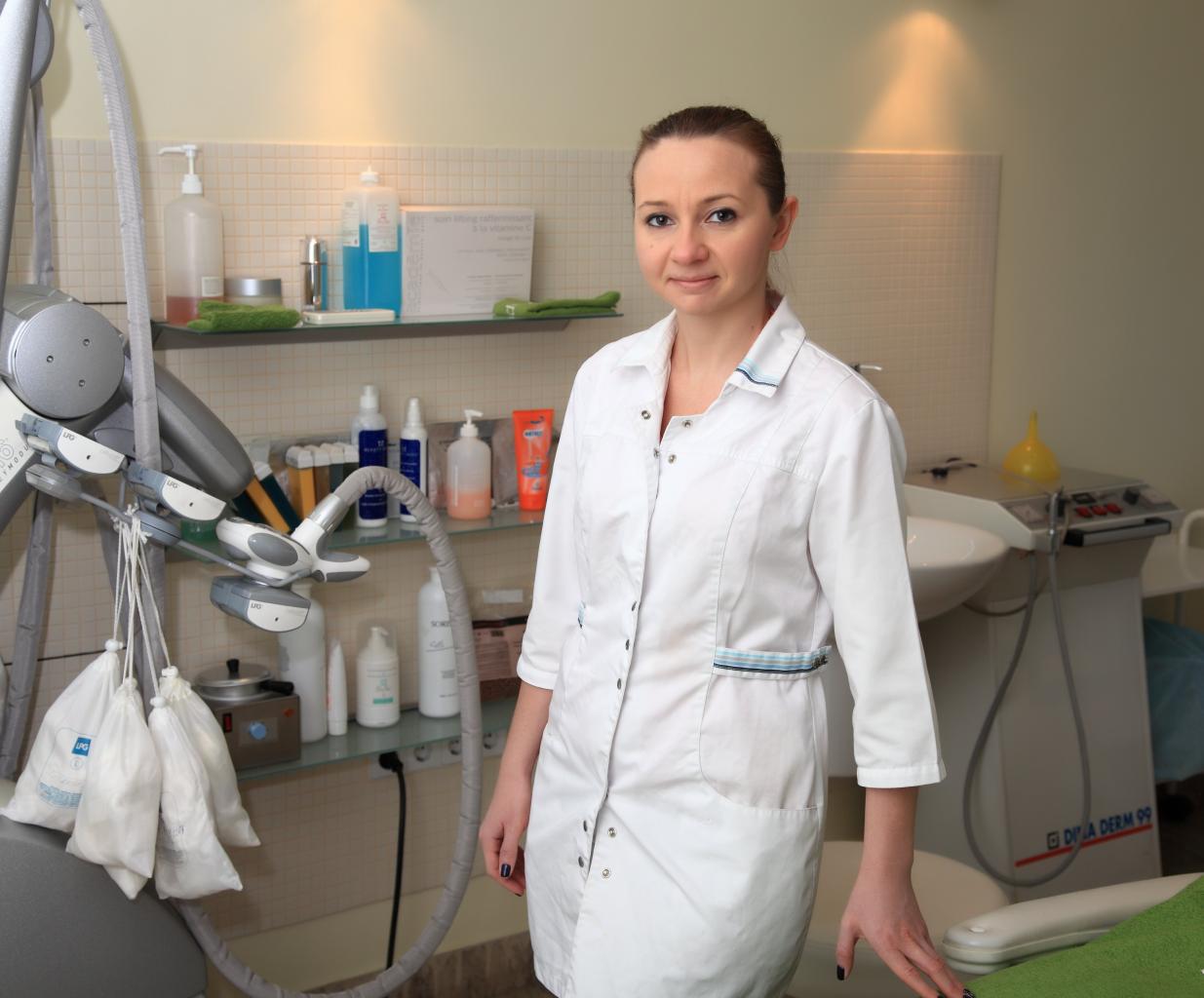
Often, pathology initially manifests itself on the skin, so timely examination is necessary. A dermatovenerologist can find out the cause of these manifestations.
Particular attention should be paid to the following symptoms:
- Urination accompanied by pain and burning;
- Frequent urge to urinate;
- Discharge from male and female genital organs;
- Various pain sensations in the groin;
- Disruption of the menstrual cycle in women;
- Pain in the ovaries in men.
If they occur, you must immediately contact a specialist in dermatovenerology. We must not forget that some dermatovenerological diseases do not have obvious manifestations. It is necessary to undergo laboratory examinations regularly, especially for people who are sexually active.
Popular dermatovenerologist: what he treats and how
The doctor performs a visual examination and checks the diagnosis using dermatoscopy, smear microscopy and diagnostics for the presence of vaginal candidiasis. The list of diseases that a dermatovenerologist treats is quite extensive.
Includes:
- Cutaneous candidiasis: manifests itself in the form of redness of the skin, itching in the anus, scrotum or perineum; in the chronic stage, the disease affects the nails, mucous membrane of the trachea, bronchi and digestive system.
- Oral candidiasis, the so-called thrush, is characterized by a white coating on the back of the throat, cheeks and tongue, accompanied by pain.
- Trichomoniasis, chlamydia, psoriasis, allergic dermatitis (urticaria, eczema, neurodermatitis).
- Lichen: pink, flat, seborrhea, dermatitis, acne, HPV, genital herpes, syphilis.
- Hepatitis C, AIDS, HIV.
- Fungus of nails and skin.
To get timely help, you need to be examined by a specialist. To make an accurate diagnosis and prescribe treatment, the doctor takes the following tests - blood tests for the presence of antibodies, antigens and allergens, allergy screening tests, flora smear, scraping, microbiology.0.00 (0 Votes)


